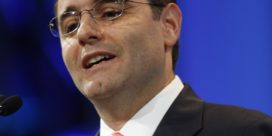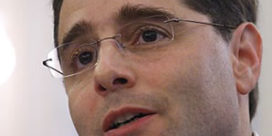The top 10 higher-ed tech stories of 2010: No. 5
College faculty whose campuses are surrounded by neighborhoods that rely on antiquated dial-up internet connections are hoping the Federal Communication Commission’s National Broadband Plan will bring faster connections…





